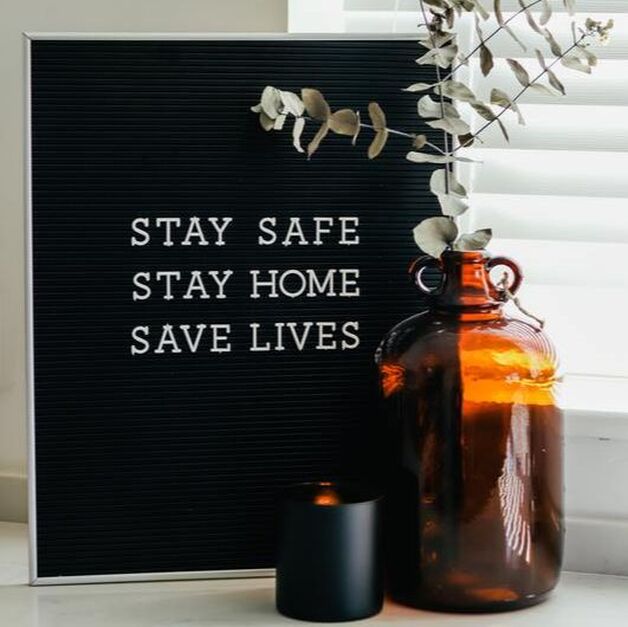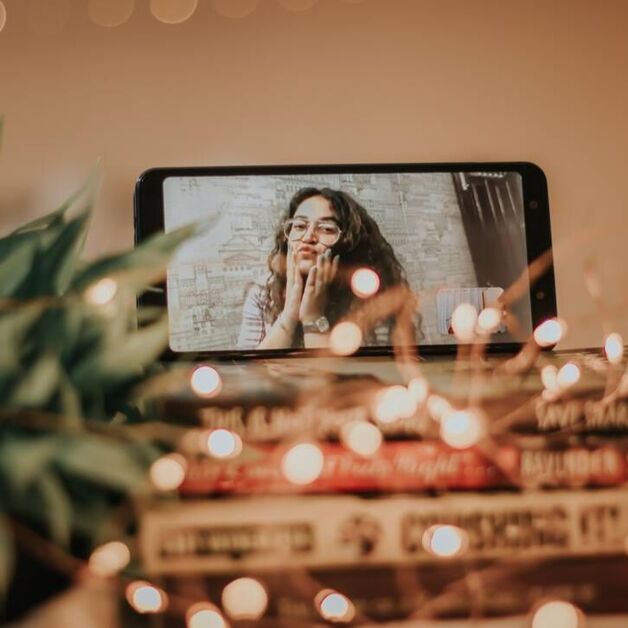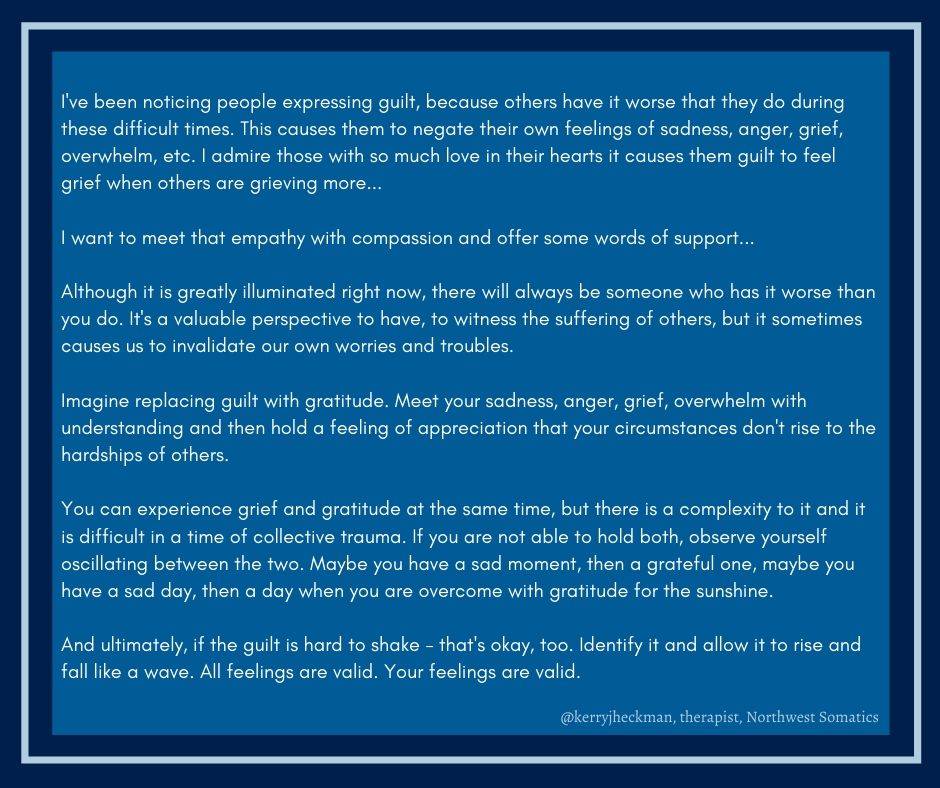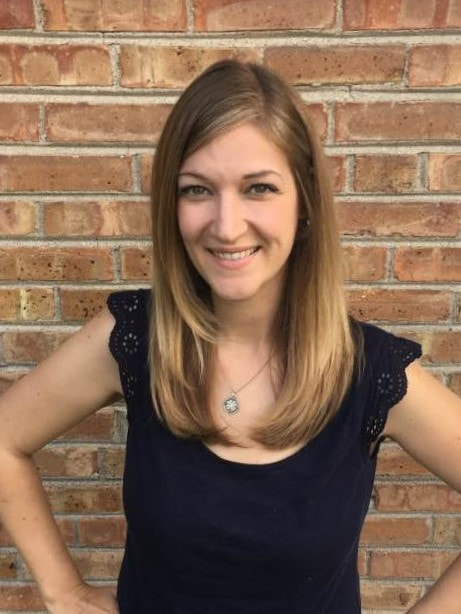|
This article was first published on the Center for Chronic Illness website on April 9th, 2020. The Center for Chronic Illness (CCI) is a nonprofit organization based in Seattle, Washington. CCI promotes well-being and decreases isolation for those living with ongoing health challenges through support and education. To learn more, visit the website. Most of the links on this post are informational, but a few are affiliate links to help maintain this website. The coronavirus that causes COVID-19 is affecting the entire world right now; however, it's impact on individuals varies greatly. Everyone is struggling without exception; however, one group that may be experiencing a serious impact is people with chronic illness. Often people with chronic illness are immunosuppressed and fall into the category of "people with underlying health conditions." Approximately 133 million people live with chronic illness or about 40% of the population, so many people are facing a significant challenge right now. No one expected coronavirus to happen, just like no one expects a diagnosis of chronic illness. If there is one thing I know about the chronic illness community it is that we are resilient. COVID-19 is definitely affecting people with chronic conditions in a negative way; however, there are ways that we are more prepared for this than anyone else. Here are some ways that people with chronic illness may be impacted: 1. Health Anxiety. Those with chronic illness frequently experience anxiety related to our health. Autoimmune and genetic diseases often flare up and get worse depending on numerous factors, so people often live in fear of when that will happen next. With coronavirus there are even more unknowns, which can cause an uptick in anxiety. COVID-19 is taking a toll on everyone's mental health, but when you are in an at-risk category that anxiety can be even more extreme and difficult. 2. Marginalization. When someone dies from the coronavirus the news reports that the person was either an older adult or had underlying health conditions. For people with underlying health conditions this creates the feeling that our lives don’t matter as much as people without health conditions. Throughout this pandemic many chronically ill people have been made to feel marginalized and unimportant due to their illness. This is an echo of the greater marginalization people will chronic illness feel every day. 3. Isolation. COVID-19 is finally shining a light onto how many people with chronic illness live their lives every single day. Isolation for the sick is rarely if ever discussed in the national conversation. It may be a good time to bring it into the forefront, now that more people understand how difficult even short-term isolation can be. Isolation is a common byproduct of chronic conditions. Sometimes people aren’t able to work or have lost friends due to changes in life circumstances. People may be bedridden or have little energy to leave the house. With coronavirus we run the risk of increased isolation due to not being able to have visitors and people taking extra precautions with those who are sick. 4. Access. Coronavirus is cutting off access to everyone, but even more so for people with chronic illness. People may be fearful of attending their regular appointments due to being exposed at a clinic; perhaps they have a medical emergency related to their illness and feel different access to the emergency room. Even a short trip to the grocery store may feel like a huge risk. 5. Understanding. People with chronic illness already know what it is like for our whole worlds to be flipped upside down. Often this happens when we get sick and is an ongoing process. We’re constantly adapting and adjusting to a new normal. For the first time, some people are discovering what it is like to have something interrupt their life and drastically change what they are able to do. We have been preparing for this for years. We were also likely the early adopters of safety precautions due to being at some level of risk. 6. Body Awareness. People with chronic illness have increased body awareness. We are aware of every little change in sensation, no matter how subtle. This can be a blessing and a curse during the pandemic, but let’s look at how it can be a blessing. It's important to know as early as possible if you have contracted the coronavirus so that you can self-quarantine to prevent others from getting sick. Also, so that you can contact your doctor for any instructions and rest, rest, rest. 7. Survival Skills. We understand what it is like to be forced to find alternative ways to get things done. Maybe we already know how to buy groceries online, because in the past we’d been too exhausted to shop. Maybe we have a big stash of medical supplies, supplements, and medications, because these are things we need on a regular basis. Maybe we are really good at entertaining ourselves in the house, because we don’t go out as much as others. All these things will be to our benefit the longer we are required to stay at home. 8. Perspective. Perspective is the most important factor in how to manage any situation. We cannot change what is happening around us, but we can change our perspective. Years of living with an illness has likely taught us how to cope with things you cannot change. Perhaps you’ve learned to take things one day at time and live in the present moment. Likely you have practiced accepting what is. This is a trying time for everyone and maybe a time in which we can learn important lessons. There may be some good that comes from this. If anything the greater world may gain a little bit of understanding of what it’s like to live with chronic illness. "There is a difference between solitude and isolation. One is connected and one isn't. Solitude replenishes, isolation diminishes." - Henry Cloud
0 Comments
Most of the links on this post are informational, but a few are affiliate links to help maintain this website. Today I felt compelled to sit down and write this short message. "Guilt is the thief of life." - Anthony Hopkins |
WelcomeI'm Kerry (She/Her/Hers) and I am a licensed therapist, group facilitator, poet, writer, & speaker. This is a place to acknowledge and validate our suffering and trauma, while also learning how to turn toward aliveness and spaciousness. Categories
All
Archives
April 2024
|
|
Copyright © 2024 Kerry J Heckman All rights reserved. Disclaimer.
|
|





 RSS Feed
RSS Feed